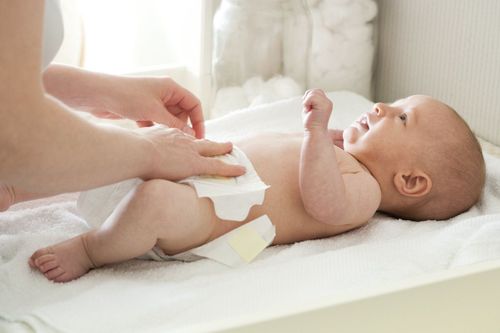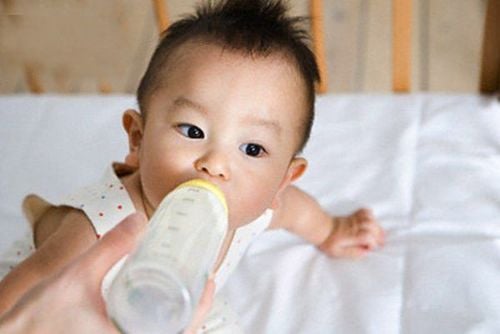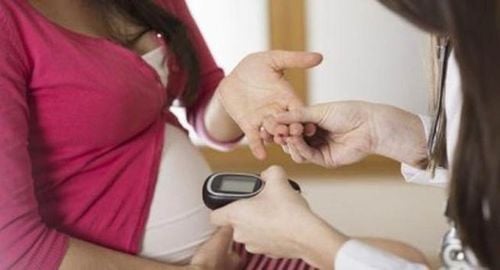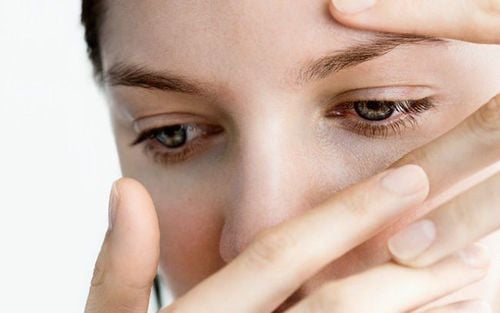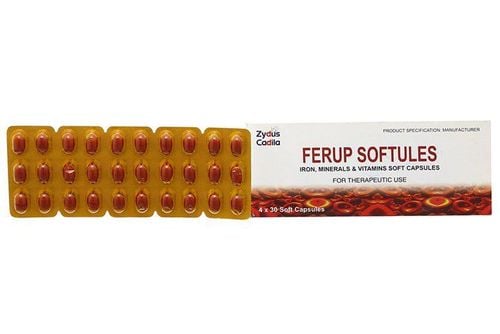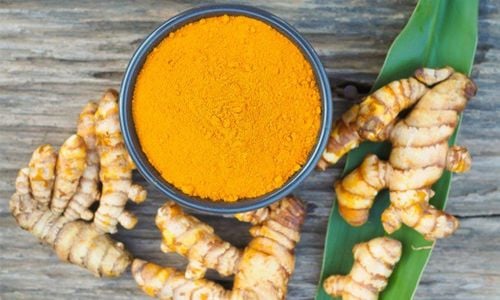Iron is vital for health, especially in helping red blood cells transport oxygen throughout the body. Women after childbirth are at high risk of iron deficiency. If prolonged, this condition can lead to severe health issues, especially anemia. Anemia occurs when red blood cells cannot supply enough oxygen to the body, causing fatigue, dizziness, and rapid heartbeat in the mother. So, what causes postpartum women to be at high risk of iron deficiency, and is it related to breastfeeding?
1. Does a Breastfed Baby Receive Enough Iron?
Most newborns have sufficient iron stores in their bodies to last at least through the first 4 months of life. Breast milk contains very little iron; therefore, the American Academy of Pediatrics recommends that exclusively breastfed infants be given a daily iron supplement of 1 milligram of iron per kilogram of body weight, starting at 4 months of age.
For infants who are both breastfed and formula-fed, their need for additional iron depends on the amounts of breast milk and formula they consume. Parents should consult a doctor to determine if their child is getting enough iron.
If the infant is exclusively formula-fed with iron-fortified formula (before the introduction of complementary feeding), additional iron supplementation is not necessary.
Around 6 months of age, an infant's iron needs can be met through the introduction of iron-rich foods, iron-fortified cereals, or iron supplements.
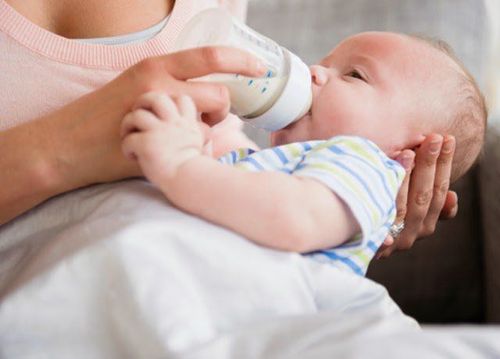
Studies have shown that infants can increase their ability to absorb iron from breast milk if their breastfeeding mother is iron-deficient, thereby boosting their own iron stores. Research also indicates that breastfed infants under 6 months old are unable to regulate their iron absorption, which can lead to excessive iron intake and iron overload. By 9 months of age, babies develop the ability to self-regulate iron absorption when there are signs of iron excess in their bodies. Therefore, for infants under 6 months old, mothers should not arbitrarily give iron supplements to their babies, as this could be dangerous.
2. Can a Mother’s Body Become Iron-Deficient While Breastfeeding?
Low iron levels in the body can affect a mother’s mood, making it more challenging to bond with her baby. Iron deficiency can lead to irritability, mood swings, and an increased risk of postpartum depression. Additionally, fatigue caused by low iron levels can make breastfeeding more difficult.
However, in fact breast milk only draws a minimal amount of iron from a mother's body—approximately 0.3 milligrams per day. Therefore, iron deficiency in postpartum mothers is not caused by breastfeeding.
Women consume around 14 milligrams of iron daily, which is roughly equivalent to the amount lost during a menstrual cycle. Since most breastfeeding mothers do not have their periods for at least the first few months postpartum so you should not worry too much. Still, maintaining a healthy and balanced diet rich in fruits, vegetables, and lean meats is essential. If you have a history of iron-deficiency anemia, consult your doctor about suitable iron supplementation.
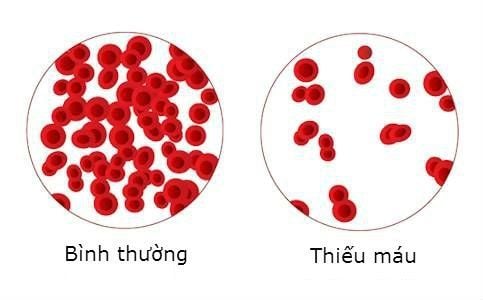
After giving birth, you may often feel tired and down, which could be a sign that your body is not getting enough iron. Childbirth and vaginal bleeding during the first six weeks lower iron levels in most new mothers, but this is not caused by breastfeeding.
Iron levels in the body can return to normal as the mother's body recovers after birth, provided there is a balanced diet that includes iron-rich foods.
Taking iron supplements is completely safe for breastfeeding mothers. For breastfeeding women, the recommended dietary allowance for iron is 9 milligrams (mg) per day.
Eating plenty of iron-rich foods will help rebuild your body's iron stores. There are two types of iron-rich foods:
- Red meat, fish, and poultry, which contain iron that is easily absorbed by the body.
- Beans, dried fruits, whole grains with bran and dark green vegetables like kale, turnip greens, watercress, and broccoli, which are plant-based sources of iron but harder to absorb.

Vitamin C helps your body absorb plant-based iron more effectively during meals. Therefore, mothers should drink orange juice or eat fruits and vegetables rich in vitamin C, such as bell peppers and kiwi, during meals to enhance iron absorption.
Avoid drinking coffee and tea during meals, as they contain polyphenols that make it harder for the body to absorb iron from food. Antacid medications used to reduce heartburn can also limit iron absorption. If you are breastfeeding, you can take postpartum iron supplements through vitamins that contain iron.
You may not undergo a blood test after giving birth unless you had a cesarean delivery, experienced significant blood loss during labor, or faced other issues such as dizziness.
If your iron levels are significantly lower than needed, causing severe anemia with symptoms such as a rapid or irregular heartbeat, unusually pale skin, or persistent coughing, you should visit a medical center for examination and treatment.
To arrange an appointment, please call … or make your reservation directly HERE. You may also download the MyVinmec app to schedule appointments faster and manage your reservations more conveniently.
References: babycenter.com, cdc.gov




